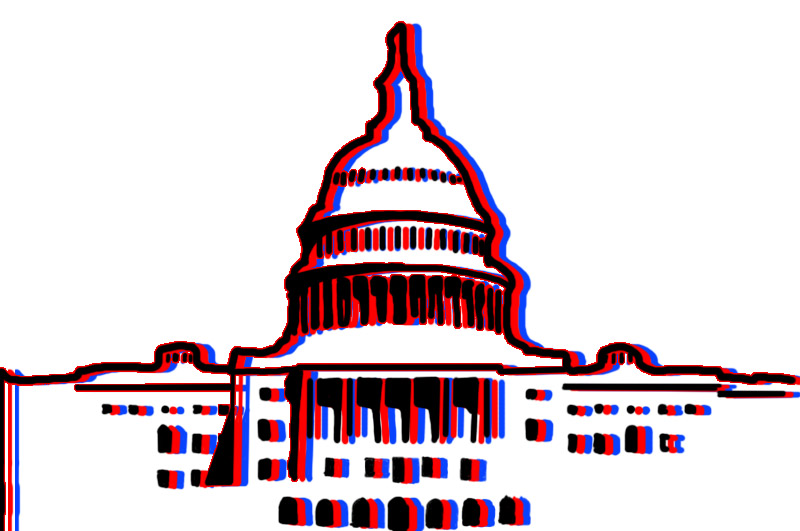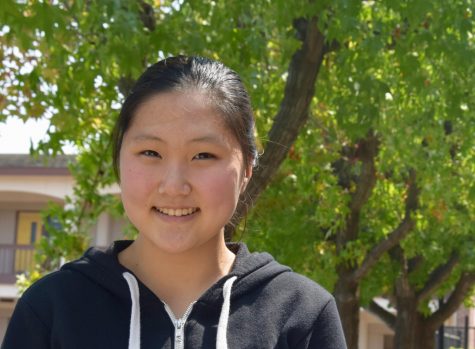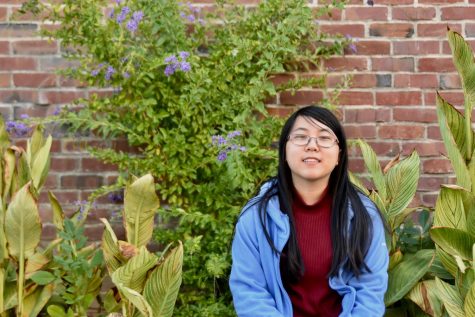A Change in U.S.
The 2018 midterm elections in the eyes of the MVHS community
November 21, 2018
With the midterm elections wrapping up, candidate flyers are tossed into recycle bins, lawn signs pulled from yards and proposition ads no longer pop up on computer screens. This year, a section of the ballot not only included national propositions but also had a list of candidates running to represent the state of California.
Along with propositions there were also state and local bonds in the vote. Bonds are a specific type of proposition in which the government is looking to borrow money and requires Public Consent. There are also two kinds of propositions: referendum and initiative. Referendums are started by the state government, and either by law or choice voters decide yes or no on the subject at hand. An initiative is a law suggested by a constituent that gained enough traction to be put on the ballot.
Government teacher Ben Recktenwald has seen the gradual increase in interest from California’s younger voters since the 2016 presidential election, when President Donald Trump turned the tables by winning the electoral college though he had lost the popular vote and became the 45th president of the United States. According to Recktenwald, he believes that many Democrats have been motivated to participate in state affairs in hopes of refuting Donald Trump’s ideals which contradicts public opinion that California citizens would be discouraged to vote after the election of Trump.

Recktenwald is able to see this trend of increasing interest in state affairs through his students, specifically in his AP Government and Politics classes. Though he connects their interest in politics as a result of them choosing an advanced class, he is glad that students are still being educated and showing an interest in politics. However, in Recktenwald’s regular Government class, while there are still obviously students who are taking the class to meet graduation requirements, he acknowledges that there are some students who are as involved and interested in politics as those in the AP class.
“It’s interesting that students seem to be more interested in the personalities [of the candidates rather] than the issues, which again is a trend that American voters have, American voters vote more on personality than they do on issues,” Recktenwald said.
MVHS Politics club was created by a collection of students volunteering in political campaigns in order to raise awareness and increase student involvement in political organizations. If students become involved in the issue, they’ll call in some panelists and record and publish a panel discussion. In addition, recently club members have been trying to go to political conventions and events.
For senior and co-president Adamya Srivastava, student involvement in politics and voting is important, especially since it concerns their future. He believes that with lawmakers creating policies for communities on a daily basis and with the chance that they are given to voice their opinions, students should take the chance to voice their opinions to shape their future.
“My reasoning to be interested in politics is because everyone else is the laws that are made say that our future employers are invested in politics,” Srivastava said. “There’s almost no reason for students like us to not be interested in politics because that’s what’s going to influence our lives down the road and is currently doing so.”
Senior and co-president of MVHS Politics Club Amit Chandramouly’s involvement in politics stems from his interests in international relations as well as environmental science.
“I’m really fascinated by how the landscape of an entire country can change based on how the people are feeling and how political events impact the people whether it’s domestically or internationally and really the implications of actions,” Chandramouly said. “The weight that comes in making the right decisions that politicians are facing day in and day out is something that fascinates me to no end.”
For Recktenwald, acting as a functioning member of democracy means doing more than just voting. It also means getting involved in the community and staying informed on current events.
“There’s all kinds of things you can do to participate in our society democratically but voting is a huge part of it,” Recktenwald said. “Being in a democratic society can start with voting but it doesn’t end with voting.”
Despite seeing a growing increase in youth voting and political interest, Rectenwald has noticed that Americans have grown increasingly unaware of what their vote could entail for the country. Recktenwald believes that a common problem may stem from active voters in our society who aren’t informed as much as they should be. They may think too lightly of their voices in politics, and Recktenwald wants to prevent the future generations from making careless mistakes by making sure both he and his students are well educated on what they’re voting for.
 In an effort to get his students involved in politics, he always has students partake in ballot presentations where they analyze the ideas behind the ballot and then follow the money trail to identify the true intentions behind the proposed idea. Recktenwald strongly believes that following the money will allow for students to find the unfiltered tenants of the proposition based on the organizations or people who invest in the idea. Recktenwald strongly suggests that informed students should vote as soon as they turn 18.
In an effort to get his students involved in politics, he always has students partake in ballot presentations where they analyze the ideas behind the ballot and then follow the money trail to identify the true intentions behind the proposed idea. Recktenwald strongly believes that following the money will allow for students to find the unfiltered tenants of the proposition based on the organizations or people who invest in the idea. Recktenwald strongly suggests that informed students should vote as soon as they turn 18.
“One thing I try to do is that no matter what class I’m teaching, I always make sure the students are up on current events and know what’s going on,” Recktenwald said. “I love it when students are opinionated, especially about politics [because] that’s probably going to translate to an active voter in the future.”
Recktenwald identifies some of the problems regarding the voting systems. With the elections held on a Tuesday, many citizens struggle to take the time out of their day to vote when they’re preoccupied by work. Srivastava agrees with this as students are also in school and are unable to vote until after school.
However, Srivastava urges citizens to research the topics on the ballot so that they can accurately advocate for their rights.
“I’d certainly recommend looking up what your local laws are to be able to vote and voice your opinions because some of these laws are rather restrictive and I think it’s best that you cast your vote,” Srivastava said.
Chandramouly believes that ultimately the future of America lies in the hands of the voters and having informed voters could positively impact their future.
“I really think that this is important to educate the younger generation as to making choices that will affect the future and help them shape their own future,” Chandramouly said. “[Because they] have a hand in graphing the next few generations and the next few decades.”



















